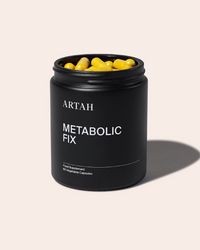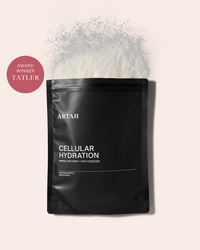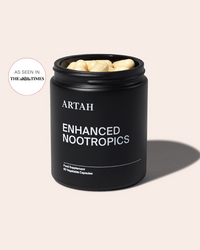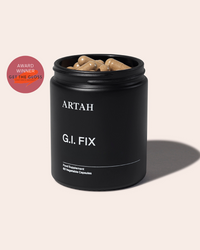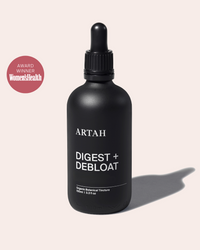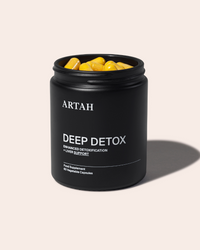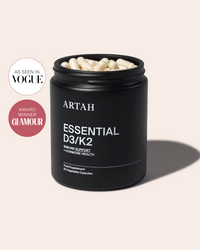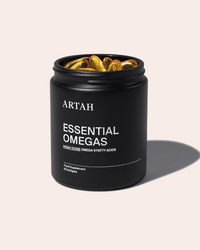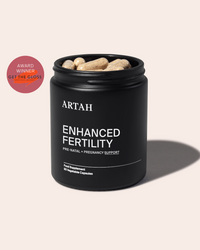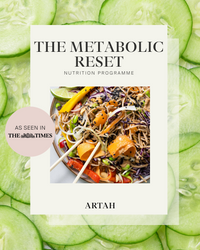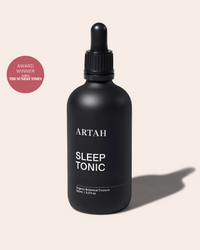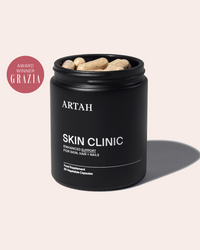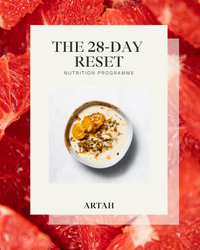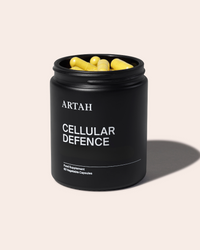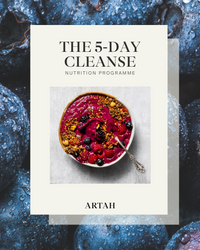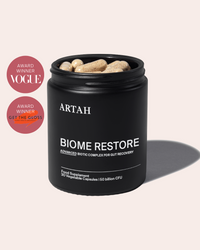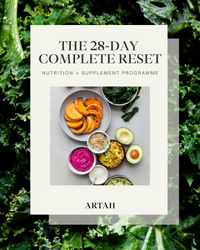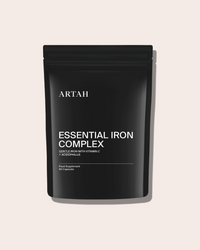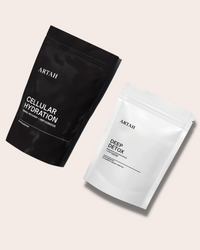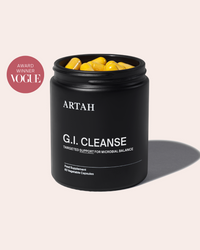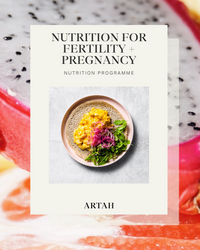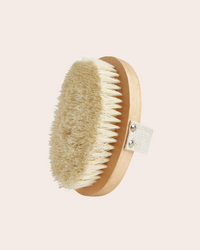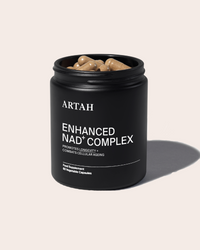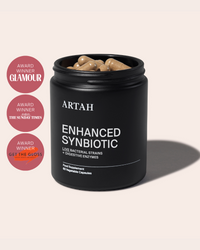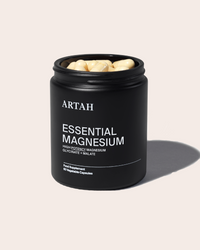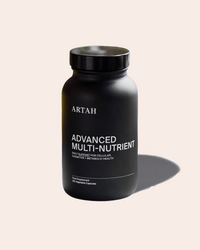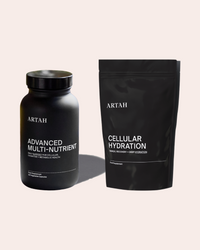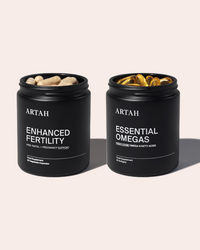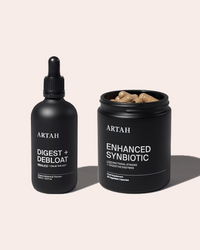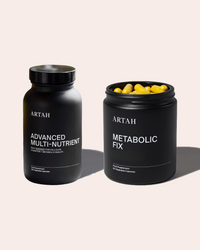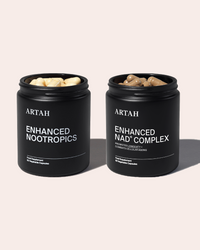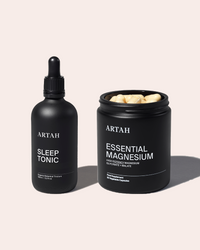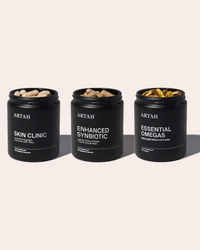Are You Inflamed?
Take our quiz to find out more.....
Inflammation is a part of our natural defence system; it helps protect and heal the body from infection and injury. Acute inflammation is a short-term process that usually has a distinct start and end – for example, we cut our finger, and then it heals. Chronic inflammation, on the other hand, can last for months, years, or even a lifetime. Certain conditions are inflammatory in nature, like rheumatoid arthritis, psoriasis, eczema, allergies, and IBD. However, we can also experience chronic inflammation from our diet and lifestyle when our immune system goes array. This is a major contributor to chronic diseases like Alzheimer's, dementia, cancer, heart disease, diabetes, obesity, and more. There is also growing evidence that implicates increased levels of inflammatory markers to depression and depressive disorders, making it a key area of focus for both medicinal and nutritional intervention. So, what causes chronic inflammation, and how do you know if you may have it? Read on to find out more.
Redness, swelling, pain, heat, and loss of function are the signs associated with acute inflammation, which makes it far easier to recognise. But chronic inflammation is harder to spot and can be an underlying factor in a variety of symptoms and syndromes from headaches, PMT, and chronic fatigue to weight gain, anxiety, and brain fog. Believe it or not, what we eat, do, and think can all have an impact on our inflammatory status.
WHAT WE EAT
All of the usual culprits are involved here. Excess sugar, exposure to food allergens and chemicals, ultra-processed foods, alcohol, excess and/or poor-quality red meat, processed meat, refined seed oils, lack of fruit and vegetables, and omega 3 deficiency can all contribute to inflammation. Gluten sensitivity, for example, has been shown to increase inflammation in the gut, skin, and brain (also called neuroinflammation).
WHAT WE DO
Our habits, like how we sleep and exercise, will also play a role. Poor sleep is associated with higher levels of inflammatory markers. Whilst this response will be more pronounced with chronic sleep problems, even one night of poor sleep can induce an overactive inflammatory response. Exercise is also important and associated with lower levels of inflammation, a more robust immune system, and better mood. However, overtraining, especially when coupled with lack of recovery time, lack of sleep, or inadequate nutrient status, can have the opposite effect and fuel the inflammatory process.
WHAT WE FEEL
The interplay between our emotional state and elevated inflammation has been widely studied. For example, studies have shown that both chronic and acute stress is associated with increased inflammatory activity in the body. Our thoughts are as important. Researchers in a 2018 study found that positive moods are associated with lower levels of inflammation, whereas negative moods, like feeling angry, grumpy, or overly worried, are associated with higher levels of inflammation.
Are you inflamed?
Give yourself 1 point for each ongoing issue:
- Brain fog
- Memory problems or lack of concentration
- Agitation and altered mood
- Anxiety
- Prone to negative thoughts
- Lack of sleep
- Puffiness in the face/body
- Muscle and joint pain
- Poor healing time
- Regular exposure to chemicals
- IBS, reflux or GI issues
- Severe PMT
- Painful periods
- Poor energy
- Low plant diversity in diet
- Little or no fatty fish consumption (and no omega supplement present)
- Headaches
- Mouth ulcers
- Inflamed gums
Give yourself 2 points for each:
- Skin issues like rashes, acne, eczema, and hives
- Tired all the time
- Fatigue/poor energy
- Poor immunity
- Chronic stress
- Insomnia
- High sugar diet
- Regular consumption of ultra-processed foods
- High blood pressure
- Fat accumulation around the midsection
- Frequent antibiotic use
- 5+ units of alcohol per week (women) 7+ (men)
If you got 0-3: FIRE FREE
Keep doing what you’re doing and make sure to refer back to our anti-inflammatory arsenal if you feel yourself getting out of balance.
If you got 3-5: SLOW BURNERWhilst inflammation may not be out of control yet, it’s worth implementing some consistent anti-inflammatory practices to help put out the fire.
If you got 5+: BURNING BRIGHTIf you scored more than five, then it’s time to give your body and mind some major TLC. For a full revamp, try the 28-Day Reset, Essential Omegas, and Deep Detox for a comprehensive anti-inflammatory programme (complete with delicious food) and try to pick at least 3 of the anti-inflammatory practices listed below.
OUR ANTI-INFLAMMATORY ARSENALFoods to increase: Wild fatty fish, avocado, leafy greens, bright coloured vegetables, cold pressed extra virgin olive oil, cold pressed flax seed oil, raw organic nuts + seeds, cabbage + other cruciferous vegetables, onions, garlic, turmeric, ginger, rosemary, thyme, green tea. Consider swapping to better quality red meat (factory-farmed meats have lower omega 3 and higher inflammatory fats than wild/ pasture-raised organic meat).
Supplements: Deep Detox and Essential Omegas are our anti-inflammatory heroes. If you suffer from poor immunity, also consider Cellular Defence.
Practices: Exercise, walking, yoga, breathwork, slow cardio, meditation, journaling, gratitude, Epsom salt baths, acupuncture, light therapy, massage, power naps, contrast showers, getting into nature, and any other practices that can help you effectively decrease stress. Consider reducing alcohol and adopting practices that can help you recover when you do drink – like taking electrolytes and liver supporting herbs like those in Deep Detox.
Programmes: If you’re looking for a way to implement an anti-inflammatory way of eating quickly, our programmes are a great way to kickstart a cooler lifestyle. For a quick intervention, try the 5-Day Cleanse. For more chronic symptoms, and to help identify food triggers, try the 28-Day Reset.
This article is for educational purposes only and the implementation of the theories and practices discussed is at the sole discretion of the individual. All advice given is not substitute for medical advice, diagnosis, or treatment. If you have any concerns about your health, you should speak with your physician.









